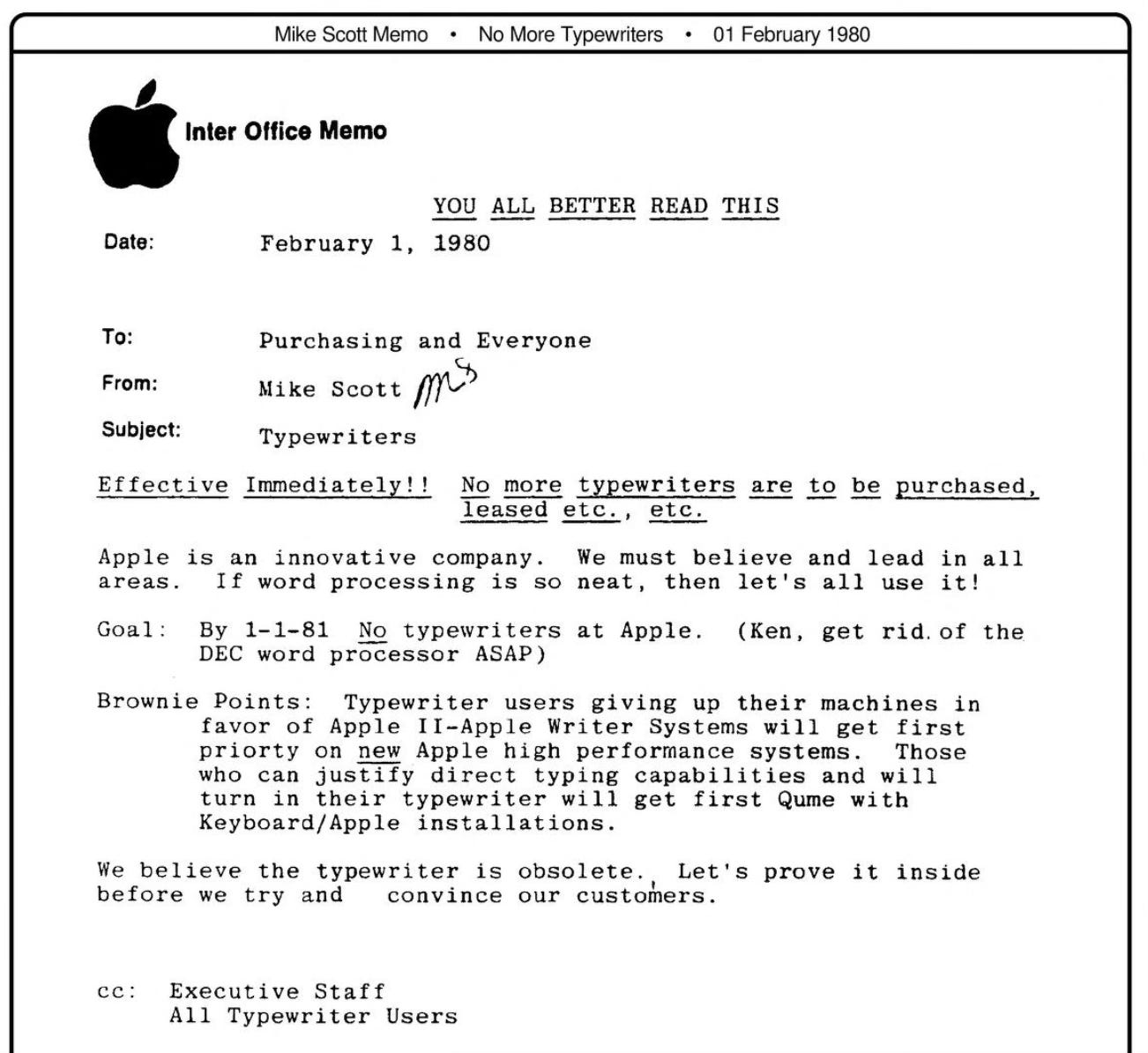For Starters #20: What's Your Resistance to Getting in the Middle of It?
"The World is Waiting." - Phil Koeghan, The Amazing Race
In 2005, Dr. Barry Marshall received the Nobel Prize in Medicine. Dr. Marshall’s benefit to all humankind was the result of self-inflicting three days of vomiting and a massive gastric inflammation requiring significant antibiotics to correct.
Fletch is one of my all-time favorite movies. I recently re-watched in as part of an ongoing ‘How does it hold up to today?’ question I have about all my favorite movies (Airplane! - still hilarious, Blazing Saddles - even better!, Bladerunner - eh). In my rewatch of Fletch, I saw something I haven’t seen before: embedding yourself is how you get the highest quality information. In retrospect, I think it’s Fletch’s comfort - if not default expectation - with embedding himself enamored me from the beginning.
The value of putting yourself in the middle of it is not news to Dr. Marshall or acclaimed writer Barbara Ehrenreich - who frequently went undercover to better understand working Americans’s daily challenges.
The computer industry has a long history of dogfooding, from Apple eliminating typewriters to Microsoft developers using the OS they’re developing, to Mozilla developers using the early web browser as they built it. Even the origins of a well-known ridesharing company began with the CEO as the only driver.
In my own history; Cullect was my only RSS reader, I put Kernest-served fonts on every site I could, I wrote a book and multiple newsletters in Typerighter, I used all the WordPress plugins I developed - including an ecommerce plugin that auto-incremented prices every time a sale was made.

“Your initial model of users is always inaccurate, even if you're one of them” - Paul Graham
So, you can imagine my surprise when I talk with a Founder that isn’t actively dogfooding. Doesn’t matter if they’re ‘intrepreneurs’ or ‘in the wild’. There’s almost always a clear an obvious commitment to embedding themselves they haven’t yet made.
Want to minimize order mistakes at fast food restaurants? When’s your shift at the local Wendy’s?
Developing a technology to improve athletic performance? Which sport did you take up to test it?
Want to increase the use of an under-appreciated plant? How much of it are you growing?
Want to increase drivers’ safety? How many of the existing solutions have you installed in your own car?
We live in an amazing world, supercomputers in our pockets, anything imaginable is free 2-day shipping away, the most fanatic community of any niche just a Google search away. People want help. All are inviting you to commit to the next obvious step to maximizing your understanding.
You can say, ‘No’.
You don’t have to embed yourself. Though, if you don’t want to, if you actively resist, it’s a strong sign this isn’t for you. That’s OK. You can set this idea down, and find another. You don’t need to the world’s expert in this (yes, that’s what you signed up for becoming). The world is vast - the thing you’re naturally compelled to embed yourself in - it’s out there.
Find it.
You’ll be more interesting at cocktail parties when you do.
If, when, you find the thing want to become the world’s expert in, it’s worth interrogating your internal resistance to jumping in with both feet. In my decades of working with Founders, I’ve heard responses ranging from “I can’t afford it” to “But I’m a manager” to “I need permission”. All of these are more about self-limiting beliefs - ego, identity, self-worth - than they are about the obvious next steps actually being out of reach.
Magic happens when we put our identity on the line and declare, even if only to ourselves, “This is where I stand, this is what I aspire to, this is who I am and will become.” - Steven Pressfield
If you’re not sure what the next obvious commitment is, reply to this email with where you’re at, we’ll go from there.





